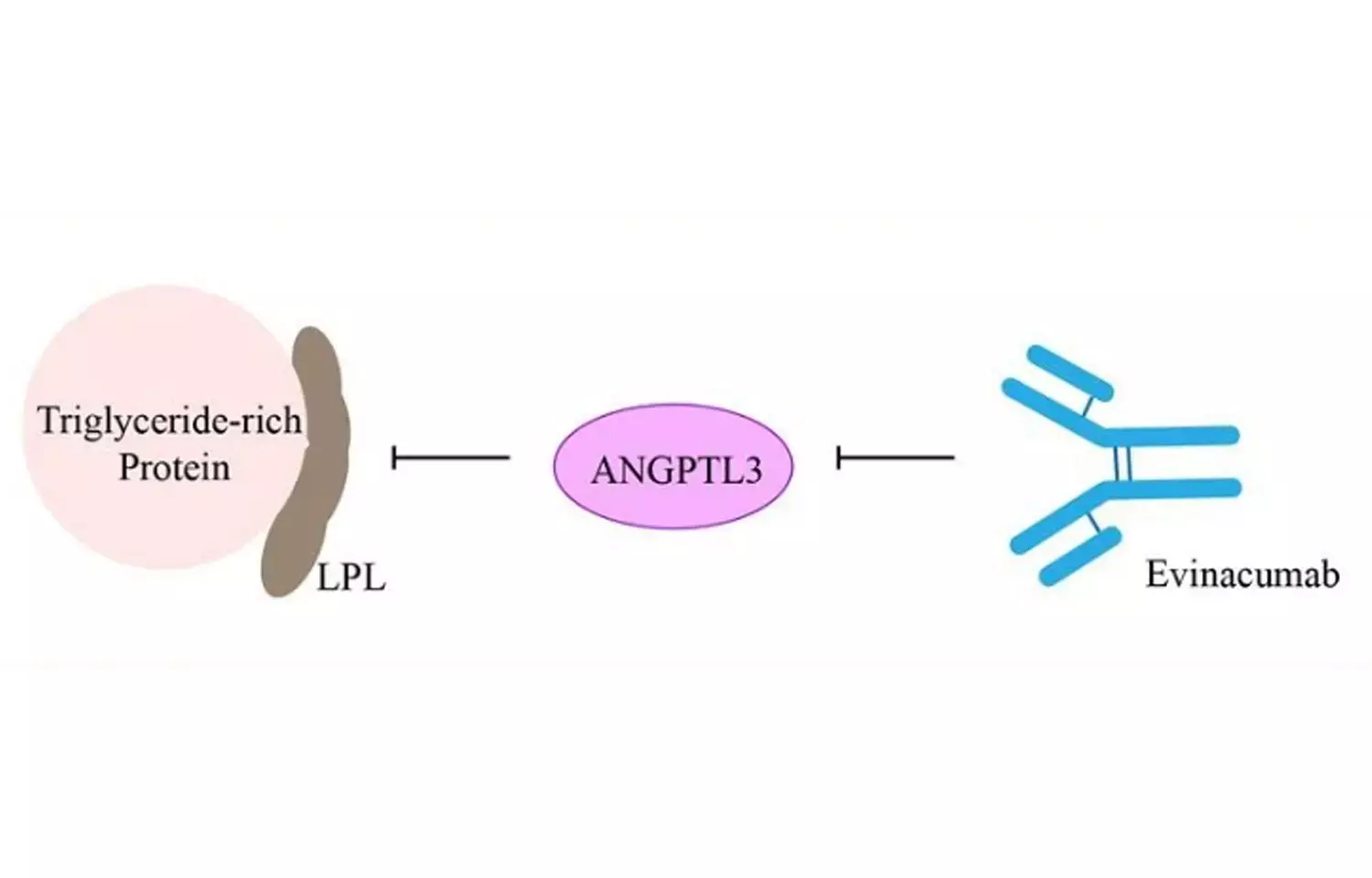- Home
- Medical news & Guidelines
- Anesthesiology
- Cardiology and CTVS
- Critical Care
- Dentistry
- Dermatology
- Diabetes and Endocrinology
- ENT
- Gastroenterology
- Medicine
- Nephrology
- Neurology
- Obstretics-Gynaecology
- Oncology
- Ophthalmology
- Orthopaedics
- Pediatrics-Neonatology
- Psychiatry
- Pulmonology
- Radiology
- Surgery
- Urology
- Laboratory Medicine
- Diet
- Nursing
- Paramedical
- Physiotherapy
- Health news
- Fact Check
- Bone Health Fact Check
- Brain Health Fact Check
- Cancer Related Fact Check
- Child Care Fact Check
- Dental and oral health fact check
- Diabetes and metabolic health fact check
- Diet and Nutrition Fact Check
- Eye and ENT Care Fact Check
- Fitness fact check
- Gut health fact check
- Heart health fact check
- Kidney health fact check
- Medical education fact check
- Men's health fact check
- Respiratory fact check
- Skin and hair care fact check
- Vaccine and Immunization fact check
- Women's health fact check
- AYUSH
- State News
- Andaman and Nicobar Islands
- Andhra Pradesh
- Arunachal Pradesh
- Assam
- Bihar
- Chandigarh
- Chattisgarh
- Dadra and Nagar Haveli
- Daman and Diu
- Delhi
- Goa
- Gujarat
- Haryana
- Himachal Pradesh
- Jammu & Kashmir
- Jharkhand
- Karnataka
- Kerala
- Ladakh
- Lakshadweep
- Madhya Pradesh
- Maharashtra
- Manipur
- Meghalaya
- Mizoram
- Nagaland
- Odisha
- Puducherry
- Punjab
- Rajasthan
- Sikkim
- Tamil Nadu
- Telangana
- Tripura
- Uttar Pradesh
- Uttrakhand
- West Bengal
- Medical Education
- Industry
Pushing limits in dyslipidemia management: Novel drug Evinacumab gives promising results

mechanism of action: Evinacumab
A new drug target is emerging for the treatment of patients in whom the LDL cholesterol level remains too high despite treatment with existing therapies. Angiopoietin-like 3 (ANGPTL3), an inhibitor of lipoprotein lipase and endothelial lipase, has been implicated in lipid metabolism and cardiovascular disease in various genetic investigations.
Evinacumab, a fully human monoclonal antibody against ANGPTL3 (Figure), was shown to lower the LDL cholesterol level by 49% in patients with homozygous familial hypercholesterolemia. In the current issue of NEJM, Rosenson et al. provide more evidence on evinacumab in drug-refractory heterozygous familial hypercholesterolemia.
The investigators conducted a randomized, controlled, phase 2 trial involving 272 patients with refractory hypercholesterolemia. Overall, 73% of the patients had heterozygous familial hypercholesterolemia, 60% were women, and 90% were White. Refractory hypercholesterolemia was defined as an LDL cholesterol level of 70 mg/dl or higher with atherosclerotic cardiovascular disease or a level of 100 mg/dl or higher without atherosclerotic cardiovascular disease, despite background therapy at maximum tolerated doses.
At baseline, nearly all the patients were receiving a PCSK9 inhibitor, 70% were receiving statin therapy (with 46% receiving a high-intensity statin), and 33% were receiving ezetimibe. Yet, the mean LDL cholesterol level at baseline was approximately 150 mg/dl which suggests that many patients had untreated levels of 300 to 500 mg/dl.
Three subcutaneous doses of evinacumab (administered weekly or every 2 weeks) and two intravenous doses (administered every 4 weeks) were evaluated for their effect on the primary outcome of the change from baseline in the LDL cholesterol level at 16 weeks. The use of evinacumab reduced the LDL cholesterol level by more than 50% at the maximum dose. Evinacumab also reduced the apolipoprotein B level and all atherogenic lipoprotein levels, and the drug was associated with few high-grade adverse effects.
This trial marks an important milestone in the development of evinacumab. For cases of refractory hypercholesterolemia that are difficult to treat, evinacumab could become an important option for patients and clinicians.
A decade ago, the field of lipid therapeutics had its sights set beyond statin therapy. Now, the field is embarking on a frontier beyond PCSK9 monoclonal antibodies, with genetic studies providing a map and patients with familial hypercholesterolemia leading the way.
Source: Rosenson RS, Burgess LJ, Ebenbichler CF, et al. Evinacumab in patients with refractory hypercholesterolemia. N Engl J Med 2020; 383: 2307-19.
Full article available at: https://www.nejm.org/doi/full/10.1056/NEJMoa2031049
MBBS, MD , DM Cardiology
Dr Abhimanyu Uppal completed his M. B. B. S and M. D. in internal medicine from the SMS Medical College in Jaipur. He got selected for D. M. Cardiology course in the prestigious G. B. Pant Institute, New Delhi in 2017. After completing his D. M. Degree he continues to work as Post DM senior resident in G. B. pant hospital. He is actively involved in various research activities of the department and has assisted and performed a multitude of cardiac procedures under the guidance of esteemed faculty of this Institute. He can be contacted at editorial@medicaldialogues.in.
Dr Kamal Kant Kohli-MBBS, DTCD- a chest specialist with more than 30 years of practice and a flair for writing clinical articles, Dr Kamal Kant Kohli joined Medical Dialogues as a Chief Editor of Medical News. Besides writing articles, as an editor, he proofreads and verifies all the medical content published on Medical Dialogues including those coming from journals, studies,medical conferences,guidelines etc. Email: drkohli@medicaldialogues.in. Contact no. 011-43720751


